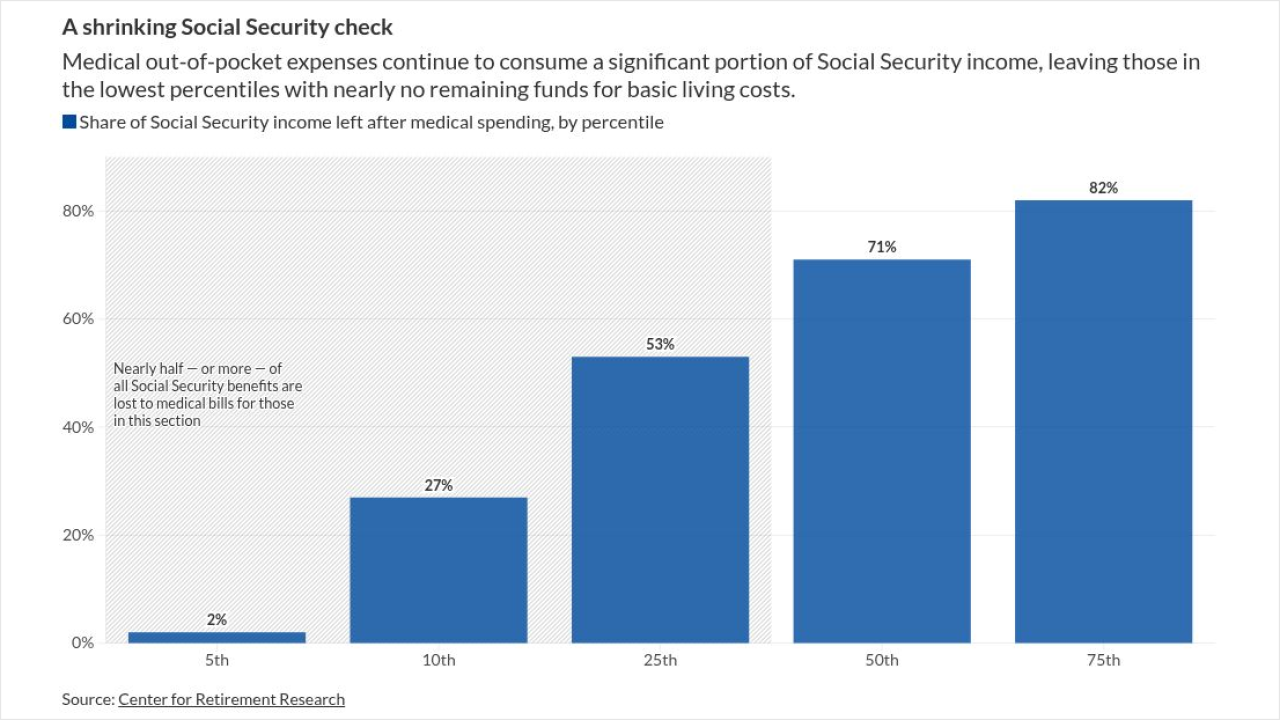(Bloomberg) -- Stocks and other assets are priced at unrealistic levels based on the outlook for global growth, according to billionaire bond guru Bill Gross.
"Equity markets are priced for too much hope, high yield bond markets for too much growth, and all asset prices elevated to artificial levels that only a model driven, historically biased investor would believe could lead to returns resembling the past six years," Gross, manager of the Janus Global Unconstrained Bond Fund, wrote in a monthly investment outlook released Thursday. "High rates of growth, and the productivity that drives it, are likely distant memories from a bygone era."
President Trump said during his campaign that he would revive U.S. growth to 3% or more, which helped fuel a surge in stocks after his election. The S&P 500 Index was still up almost 10% through Wednesday since his surprise victory, even after retreating about 2% from its March 1 all-time high. The index trades at a trailing price-to-earnings ratio of more than 20, higher than before the 2008 financial crisis, according to data compiled by Bloomberg.
In his note, Gross cited an International Monetary Fund report that says growth is still impaired by slow business investment and an aging population with reduced demand for consumption. IMF Managing Director Christine Lagarde sounded more optimistic about the world economic outlook in a speech Wednesday in Brussels, citing rising momentum in advanced economies, manufacturing activity and higher commodity prices.
Stocks need economic growth of at least 2% to "really go up," Gross said in a Bloomberg Television interview Thursday. He said Trump’s comments this week that he might reappoint Fed Chair Janet Yellen could benefit bonds because she has been dovish on interest rates and economic accommodation.
"If she were reappointed, that would be favorable for bond markets, especially short-term bond markets," Gross said.
For his strategy at Janus, Gross said he is "de-risking" by reducing exposure to high-yield bonds and shortening duration. His $2 billion unconstrained bond fund has returned 3.6% in the past year and 5.1% since he took over in October 2014 after leaving Pimco.





